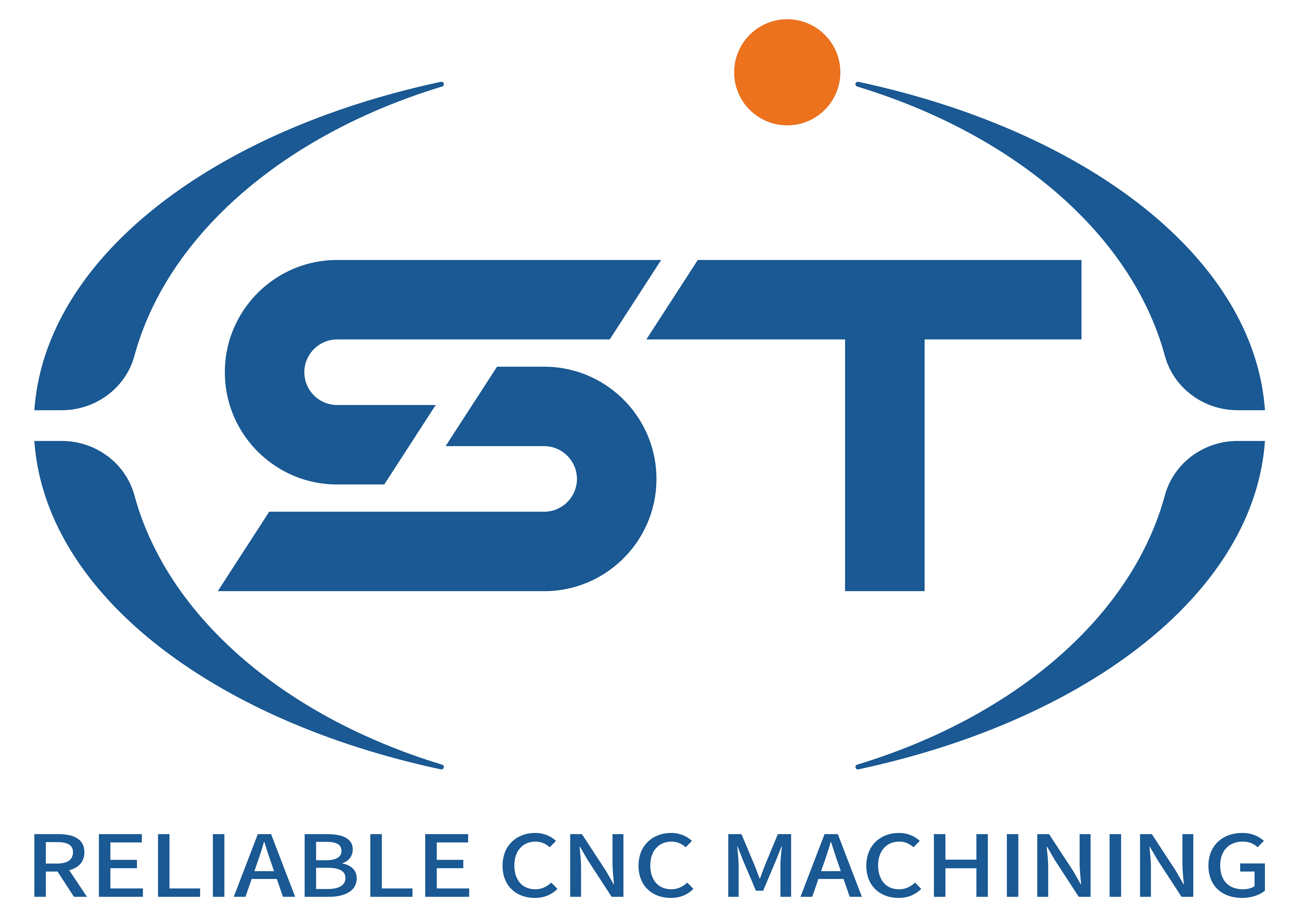Table of Contents
ToggleUnderstanding Smart Manufacturing
Smart manufacturing refers to the integration of advanced technologies and processes to create a more efficient, automated, and data-driven manufacturing environment. This innovative approach is fundamentally rooted in the principles of Industry 4.0, which emphasizes the use of interconnected systems to enhance productivity and adaptability in manufacturing operations. Smart manufacturing leverages technologies such as the Internet of Things (IoT), automation, data analytics, and Artificial Intelligence (AI) to optimize manufacturing processes, particularly in Computer Numerical Control (CNC) operations.
At the heart of smart manufacturing is the IoT, which connects machines, devices, and systems to the internet, enabling real-time data communication and monitoring. This connectivity allows manufacturers to gather valuable insights on machine performance, production efficiency, and overall operational health. By using IoT technology, companies can achieve enhanced visibility across their operations, resulting in smarter decision-making and faster problem resolution.
Automation plays a crucial role in smart manufacturing, as it facilitates the seamless operation of machines with minimal human intervention. This not only increases production speed but also reduces the likelihood of errors and enhances safety on the shop floor. Additionally, data analytics empowers manufacturers to analyze large datasets generated by their processes, allowing them to identify trends, predict maintenance needs, and improve overall productivity.
Another critical component is AI, which enhances decision-making capabilities by providing predictive insights and optimizing workflows. Machine learning algorithms can analyze historical data, identify patterns, and suggest improvements to streamline operations. As manufacturing practices continue to evolve, the shift towards smarter, interconnected systems is paving the way for significant advancements in CNC operations, driving down costs and fostering increased competitiveness in the market.
Understanding Cost Components in CNC Manufacturing
CNC manufacturing is a complex process that involves multiple cost components, which are crucial for manufacturers to consider when striving for efficiency and cost reduction. The leading expenses can generally be categorized into equipment costs, labor costs, maintenance, energy consumption, and material waste. Each of these components plays a significant role in the overall cost structure and affects profitability.
First, equipment costs are one of the primary expenditures in CNC manufacturing. This includes the purchase price of CNC machines, tooling, and other peripheral equipment necessary for the machining process. Additionally, the technology constantly evolves; thus, manufacturers often face the challenge of updating their machinery to maintain competitive advantages. Understanding the total cost of ownership for these machines is essential for making informed investment decisions.
Next, labor costs also contribute significantly to the financial landscape of CNC operations. Skilled labor is required to operate and oversee CNC machines, which can lead to substantial wage costs. Additionally, manufacturers must consider training expenses for employees to ensure they are proficient in the latest CNC technologies and processes. Effective management of labor costs can help organizations reduce overall expenditures.
Maintenance is another vital component that cannot be overlooked. Regular maintenance of CNC equipment is crucial for ensuring optimal performance and preventing costly downtime. Predictive maintenance strategies can assist in minimizing unplanned service interruptions, thereby directly impacting production costs positively.
Energy consumption is increasingly becoming a noteworthy expense in the manufacturing sector. With rising energy prices, CNC manufacturers are prompted to explore energy-efficient practices and technologies. Implementing smart manufacturing techniques can significantly reduce energy usage, leading to lower operational costs.
Lastly, managing material waste is essential for cost control. Inefficient cutting processes can lead to excessive scrap material, driving up production costs. By optimizing machining processes through smart manufacturing, manufacturers can enhance material utilization, ultimately reducing waste and lowering expenditures associated with raw materials.
How Smart Manufacturing Reduces CNC Costs
Smart manufacturing has emerged as a revolutionary approach, particularly within the landscape of CNC (Computer Numerical Control) machining, significantly diminishing costs through various innovative strategies and technologies. One of the most effective methods is the implementation of predictive maintenance, which allows businesses to foresee and address equipment issues before they escalate, thereby minimizing downtime. By utilizing IoT sensors and condition-monitoring tools, manufacturers can gather data on machine performance, identifying wear and tear trends. This not only increases reliability but also enhances operational efficiency, leading to notable cost savings.
Another critical aspect of smart manufacturing is the use of real-time data analytics. By analyzing production data instantaneously, companies can pinpoint bottlenecks and inefficiencies in their processes. For instance, a manufacturer may discover that adjusting machine settings in real-time optimizes performance, resulting in reduced cycle times and increased output. This data-driven approach enables organizations to make informed decisions, thereby improving overall productivity and lowering costs associated with waste and delays.
Automation plays a pivotal role as well, significantly enhancing labor efficiency within CNC operations. By incorporating automated systems, companies can allocate human resources to more strategic tasks while machines handle repetitive operations. This transition not only leads to increased productivity but also reduces labor costs, allowing companies to remain competitive in a demanding market. For example, firms that adopted robotic process automation reported a marked reduction in labor expenses while maintaining consistent quality levels.
Machine learning applications further contribute to cost reductions by improving accuracy and minimizing scrap rates. By employing advanced algorithms, manufacturers can refine their production processes, predicting defects before they occur and optimizing material usage. A case study from a leading CNC facility demonstrated that implementing machine learning results in a 20% reduction in material costs through enhanced precision. These strategies collectively illustrate the profound financial benefits that can be achieved through the integration of smart manufacturing practices in CNC operations.
Future Trends and Considerations in Smart Manufacturing
The landscape of smart manufacturing is rapidly evolving, particularly regarding CNC operations. One of the foremost trends is the increasing incorporation of artificial intelligence (AI) and machine learning technologies. These innovations enable predictive analytics, allowing manufacturers to anticipate equipment failures, optimize production schedules, and reduce downtime. By utilizing AI algorithms, CNC machines can learn from historical data, adapting their operations to maximize efficiency and cost-effectiveness. This integration of smart technologies signifies a shift towards more autonomous manufacturing processes.
Advancements in robotics also play a crucial role in the future of smart manufacturing. Robots equipped with sophisticated sensors and AI capabilities can not only perform repetitive tasks but also adapt to new tasks with minimal human intervention. This flexibility can significantly enhance productivity in Lavorazione CNC environments, where precision and speed are paramount. As robotics technology continues to improve, we can expect an increase in collaborative robots (cobots), which work alongside human operators, thus enhancing overall manufacturing capabilities while addressing labor shortages.
Another promising trend is the further integration of blockchain technology to enhance supply chain transparency. By implementing blockchain, manufacturers can gain real-time visibility into their supply chains, ensuring authenticity and traceability of materials used in CNC operations. This can build trust among stakeholders and reduce incidences of counterfeiting, which is essential in maintaining quality standards.
However, transitioning to a smart manufacturing model presents challenges. Manufacturers must address workforce training needs to ensure staff can effectively utilize new technologies. Additionally, technology integration can be complex and may require considerable investment upfront. To successfully navigate these changes, manufacturers are advised to adopt a phased approach, providing proper education and resources to their teams while incrementally implementing new technologies to minimize disruptions.




